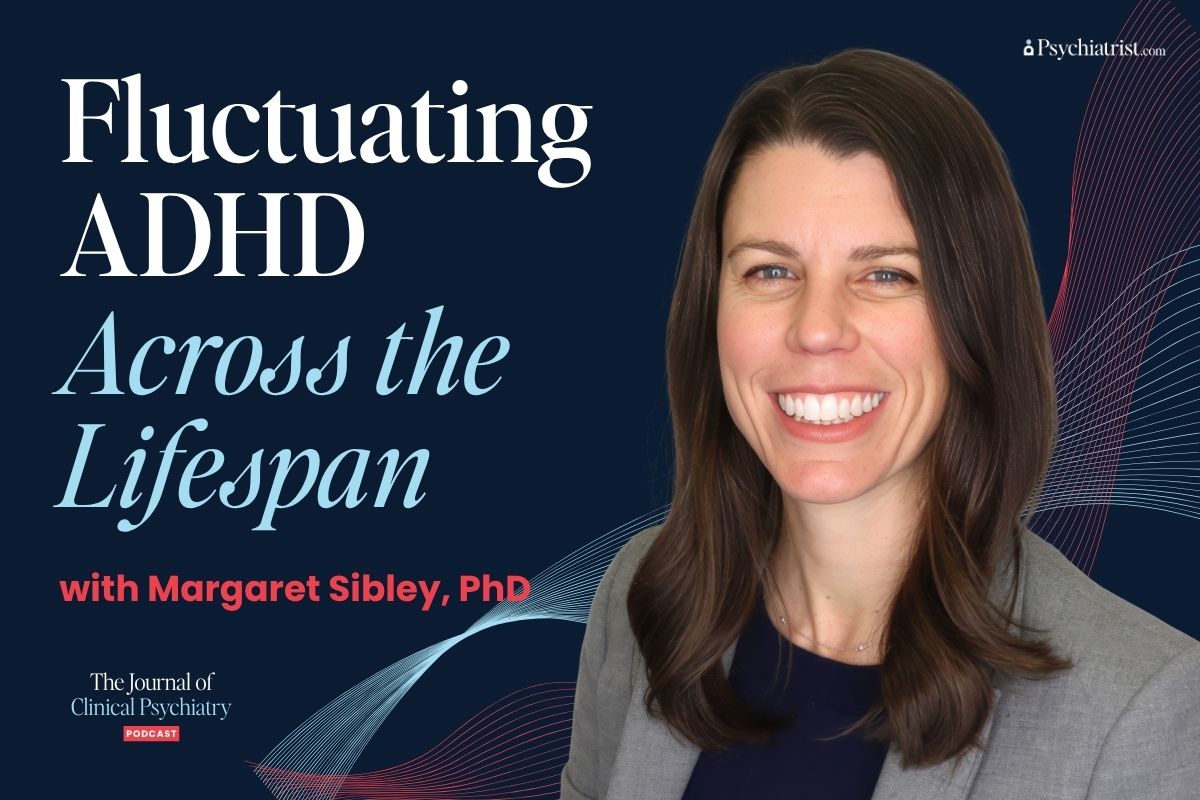See article by Janzen et al
To the Editor: Attention-deficit/hyperactivity disorder (ADHD) usually manifests in childhood as inattention, hyperactivity, and impulsivity symptoms. These children exhibit a range of risky behaviors that may intensify during adolescence, often leading to significant family distress.1 Pharmacologic and behavioral treatments are effective. Parent training also plays a significant role in the treatment of children and teens with ADHD.2,3 Parent training focuses on teaching behavioral principles and addressing issues that parents may face personally, such as their motivation, depression, anxiety, and ADHD.2,3
A recent article1 in the PCC discussed the neurobehavioral characteristics of teens and young adults with ADHD. The article noted that cortical maturation is delayed, particularly in the prefrontal areas implicated in executive function, which can complicate the transition to adulthood. ADHD often impacts executive functions including planning, time management, and organization. This implicates an individual’s ability to prioritize, multitask, or follow through on important tasks of adulthood. Oftentimes, these young adults face substantial difficulties in performing instrumental activities of daily living, such as managing their finances, driving safely, and maintaining employment. While this article does acknowledge the ramifications that this imposes on family dynamics, it mainly provides guidance for clinicians.1 Here, we further explore the role of parental involvement in supporting youth with ADHD during this developmental stage.
One UK study4 explored the experiences of young adults with ADHD and their parents. Some young adults wrestled with negative perceptions they believed their parents had towards them or felt they had little input in their own lives due to “pushy parenting.” Their parents reported experiencing stigma related to their child’s ADHD diagnosis and felt uneasy about ensuring care for their adult child. The study noted certain styles that parents assumed in facilitating health care for their young adults with ADHD. A rock band metaphor was employed that portrayed the roles of manager, roadie, and superfan.4
In this analogy, the superfan depicts exceptionally supportive parents who are defined by their enthusiastic advocacy, vigilant monitoring, and tenacious belief in their child’s potential. Manager parents concentrate on organizing their child’s life through governing schedules, ensuring medication adherence, and coordinating care. Finally, the roadie parent takes a problem-solving approach without the intense emotional and organizational interference of the superfan or manager parent.4
In the United States, the term helicopter parent was coined to describe parents who are overinvolved in their children’s lives. Researchers have started investigating this parenting style, generally deemed to hinder autonomy. Interestingly, there is preliminary evidence that helicopter parenting may have some adaptive value in young adults with ADHD.5 With the variability of ADHD presentations in youth, it becomes challenging to know what parenting approach to employ or how best to support a child through this period. Future research may validate proposed subtypes and identify adaptive and maladaptive parenting approaches during this phase for this vulnerable population.
Article Information
Published Online: February 13, 2025. https://doi.org/10.4088/PCC.24lr03848
© 2025 Physicians Postgraduate Press, Inc.
Prim Care Companion CNS Disord 2025;27(1):24lr03848
To Cite: Modesto-Lowe V, Gehrin A, Sgambato D. Young adults with attention-deficit/hyperactivity disorder: does parenting still matter? Prim Care Companion CNS Disord. 2025;27(1):24lr03848.
Author Affiliations: Hartford Behavioral Health, Hartford, Connecticut (Modesto-Lowe); Department of Psychiatry, University of Connecticut, Farmington, Connecticut (Modesto-Lowe); School of Health Sciences, Quinnipiac University, Hamden, Connecticut (Modesto-Lowe, Gehrin, Sgambato).
Corresponding Author: Vania Modesto-Lowe, MD, MPH, Hartford Behavioral Health, 2550 Main St, Hartford, CT 06120 ([email protected]).
Relevant Financial Relationships: None.
Funding/Support: None.
ORCID: Vania Modesto-Lowe: https://orcid.org/0000-0003-3036-2566
References (5)

- Janzen T, Chang S, Farrelly G. Management of adolescents and young adults with attention-deficit/ hyperactivity disorder: unique challenges, innovative solutions. Prim Care Companion CNS Disord. 2024;26(4):24nr03718. PubMed
- Modesto-Lowe V, Chaplin M, Godsay V, et al. Parenting teens with attention-deficit/hyperactivity disorder: challenges and opportunities. Clin Pediatr (Phila). 2014;53(10):943–948. PubMed CrossRef
- Modesto-Lowe V, Danforth JS, Brooks D. ADHD: does parenting style matter?. Clin Pediatr (Phila). 2008;47(9):865–872. PubMed CrossRef
- Janssens A, Blake S, Eke H, et al. Parenting roles for young people with attention-deficit/ hyperactivity disorder transitioning to adult services. Dev Med Child Neurol. 2023;65(1):136–144.
- Botkin TN, Wiggs K, Kipp HL, et al. Highly involved parenting of adolescents with ADHD: examination of the psychometric properties of a measure of “helicopter parenting.” J Atten Disord. 2024;28(10):1378–1391.
Enjoy this premium PDF as part of your membership benefits!





